SLC Heating & Cooling FAQS
FAQS
Our Salt Lake City HVAC Experts Answer Your Questions
Ninja Heating and Air is your one-stop-shop for all your heating and cooling needs. When you require HVAC services in Salt Lake City you can trust our licensed and insured professionals to provide top-quality solutions at affordable prices.
For your convenience, we have included some answers to our customers’ most frequently asked questions. If you can’t find the answer to your specific inquiry, reach out to our knowledgeable team at (801) 997-8909 or contact us online.
Your Title Goes Here
Your content goes here. Edit or remove this text inline or in the module Content settings. You can also style every aspect of this content in the module Design settings and even apply custom CSS to this text in the module Advanced settings.
How can I maintain my furnace and air conditioner?
The most important thing a homeowner can do for their HVAC system and their indoor air quality is to change the unit’s filter on a regular basis.
Every home is different, but most professionals will recommend filter replacement every month or two. This ensures that no debris gets sucked through the system and that your furnace and air conditioner have adequate airflow.
We also recommend getting your system maintained by a professional yearly. At Ninja Heating and Air, we perform in-depth diagnostic checkups on systems to make sure you don’t run into any unnecessary breakdowns.
Being a member of our Home Health Plan provides you with a furnace tune-up in the fall and an A/C tune-up in the spring, and you don’t even have to remember because we call you!
How can I improve my home's indoor air quality?
These are several actions you can take to reduce the indoor allergens in your home that are triggering respiratory problems and other health issues.
Some of the simple tasks that you can perform on your own include regularly changing your HVAC air filters, vacuuming carpets, clearing gutters, washing bedding, and cleaning drapes.
There are also several ways our HVAC professionals can help you improve the quality of your home’s air, including:
Duct cleaning
REME Halo Air Scrubber
Air purifiers
Humidifiers and dehumidifiers
Air filters
Whole house purification systems
How do furnace & air conditioner efficiency ratings work?
Furnaces and air conditioners are rated separately for their efficiency. A furnace is rated by AFUE (Annual Fuel Utilization Efficiency). It’s basically a measurement of how much heat you get per every dollar of gas you buy.
Most older furnaces are typically 80% efficient. This means that for every dollar of gas you spend, you will get 80 cents worth of heat. New furnaces will range anywhere from 80% efficient all the way up to 98% efficient.
Air conditioners are rated by what is called SEER, which stands for Seasonal Energy Efficiency Ratio. This is essentially miles per gallon and measures the electricity your air conditioner will consume to cool your home.
The lower the SEER rating, the less efficient, the higher the SEER rating, the more efficient the air conditioner. The lowest SEER rating equipment available in Utah is 14 SEER for AC’s and 15 for Heat Pumps, but it can go all the way up to 28 SEER.
How do I know what size HVAC unit I need?
One of the most critical aspects of choosing a new heating or AC system is knowing what size equipment your home will need. Our industry-standard is to perform a very complicated heat load application that takes into account the insulation in the walls, the build of the house, the direction it is facing, as well as the windows and doors. This calculation will tell you what size system your home needs.
What happens if my HVAC system is the wrong size?
If someone guesses what size heater or AC system you require, and you get one that is too small for your home, the unit will run all day long to try to heat or cool the home but won’t manage to get to the temperature you set on the thermostat.
On the other hand, if the system that gets installed is too big, you will cool or heat the house too quickly. This causes uncomfortable temperature differences between rooms because the system doesn’t run long enough to mix all the air in the home. It also puts too much strain on the system and will cause it to fail prematurely.
You wouldn’t let your tire guy put brand new expensive tires on your car when he’s just guessing the size, right? On every in-home estimate, we perform a heat load calculation to ensure you get the right size unit for your home.
Do I need to have a professional install my new HVAC system?
Installation is 90% of what will make your heating and cooling system last. Having qualified professionals installing your equipment is important.
This is a job that involves hundreds of different steps and finely tuned processes to make sure your system lasts a full, reliable lifetime instead of failing after a couple of years.
Installers in Utah are required to have RMGA certifications (this is a license to work on major natural gas appliances in Utah). They are also required to have EPA certifications, and if they’re NATE certified, that is basically like having a degree in HVAC.
When we install your new system, we will ensure the job is done correctly. From adjusting the airflow to pressure checking the refrigerant lines, you can count on us for quality installation services.
How often should I change my air filter?
We recommend changing your HVAC air filter every 1-2 months to maintain optimal system performance and indoor air quality. However, the frequency may vary based on factors such as the type of filter, the number of occupants, pets, and allergies. For instance, if you have pets or suffer from allergies, you might need to change the filter more frequently.
Regularly checking your filter and replacing it when it appears dirty is a good practice. According to the EPA, it’s advisable to check your filter monthly and change it at least every three months.
For more information, visit our air filters page or the EPA’s guide on air cleaners and filters.
What are the signs that my HVAC system needs repair?
Several indicators suggest that your HVAC system may require professional attention:
-
Unusual Noises: Grinding, squealing, or banging sounds can signal mechanical issues.
-
Weak Airflow: Poor or reduced airflow might indicate problems with the blower motor, ductwork, or filters.
-
Inconsistent Temperatures: If some rooms are too hot or too cold, there could be issues with the thermostat or ductwork.
-
High Energy Bills: A sudden increase in energy costs may mean your system is working inefficiently.
-
Frequent Cycling: If the system turns on and off more frequently than usual, it could be a sign of a malfunction.
-
Bad Odors: Unpleasant smells from the vents might indicate mold, mildew, or electrical problems.
-
Moisture or Leaks: Water pooling or refrigerant leaks require immediate attention. If you notice any of these signs, contact a professional HVAC technician. For more details, check our common HVAC problems page or schedule a service appointment here.
Why is my air conditioner freezing up?
Your air conditioner might freeze up due to:
-
Low Refrigerant Levels: Leaks or undercharging can cause the coils to get too cold.
-
Dirty Air Filters: Clogged filters restrict airflow, leading to freezing.
-
Blocked Vents: Closed or blocked vents reduce airflow.
-
Faulty Blower Fan: Inadequate air circulation over the coils.
-
Running AC in Cool Weather: Operating below 60°F can cause freezing. For low refrigerant or mechanical issues, contact a professional. For dirty filters or blocked vents, replace the filter or ensure vents are open. Learn more on our AC maintenance page.
How can I improve the energy efficiency of my HVAC system?
To enhance your HVAC system’s energy efficiency:
-
Regular Maintenance: Schedule annual tune-ups.
-
Upgrade to High-Efficiency Systems: Consider newer, energy-efficient models.
-
Use Programmable Thermostats: Adjust temperatures automatically.
-
Seal Ductwork: Prevent air leaks.
-
Improve Insulation: Reduce workload on the system.
-
Use Ceiling Fans: Circulate air to set thermostats higher. For more tips, visit our energy efficiency page or the Energy Star guide.
What is the difference between SEER and SEER2?
SEER (Seasonal Energy Efficiency Ratio) measures an air conditioner’s efficiency over a cooling season. In 2023, SEER2 was introduced with updated testing procedures to better reflect real-world conditions, resulting in slightly lower ratings than SEER for the same equipment.
When comparing systems, ensure you’re using the same rating system. For details, see our efficiency ratings page or BKV Energy’s explanation.
How often should I have my ducts cleaned?
The frequency of duct cleaning depends on factors like pets, allergies, recent renovations, and visible dust or mold. While some suggest cleaning every 3-5 years, the EPA states that it’s not always necessary and should be considered if there are specific problems.
If you notice excessive dust, mold, or vermin in your ducts, it’s time to have them cleaned. For more information, visit our duct cleaning services page or read the EPA’s guide.
What are some common HVAC myths?
Common misconceptions about HVAC systems include:
-
Closing vents saves energy: It can actually increase pressure and reduce efficiency.
-
Bigger systems are better: Oversized systems can lead to short cycling and uneven temperatures.
-
Maintenance isn’t necessary: Regular maintenance is crucial for performance and longevity. For a detailed look, check our blog post: Busting 5 HVAC Myths.
When should I consider replacing my HVAC system?
Consider replacing your HVAC system if:
-
It’s over 10-15 years old.
-
It requires frequent repairs.
-
Energy bills are high due to inefficiency.
-
It uses outdated refrigerants.
-
You’re planning major home renovations. For a free consultation, contact us here.
What is the Home Health Plan, and how can it benefit me?
Our Home Health Plan includes annual tune-ups for your furnace and air conditioner, ensuring they are in top condition. Benefits include improved efficiency, extended equipment lifespan, reduced breakdowns, and priority service. To learn more or enroll, visit our Home Health Plan page.
TRUST THE PROS!
Skilled & Speedy

Focused on Customer Satisfaction
We're here to take care of our customers. We build connections through great service, trust and humor.

Over 20 Years of Experience - We’re Ninjas for a Reason
We are licensed and insured for your safety and only employ the friendliest, most qualified and experienced technicians.


24/7 Emergency Service Available
We offer same day service as well as emergency service, because emergencies don't wait!

Locally Owned and Family Operated
As part of your neighbors and citizens in our community, we give back to local causes.
Get A Free Estimate
Our expert team will first assess your needs, then provide transparent pricing, and finally guide you through the best solutions for your home or business.
